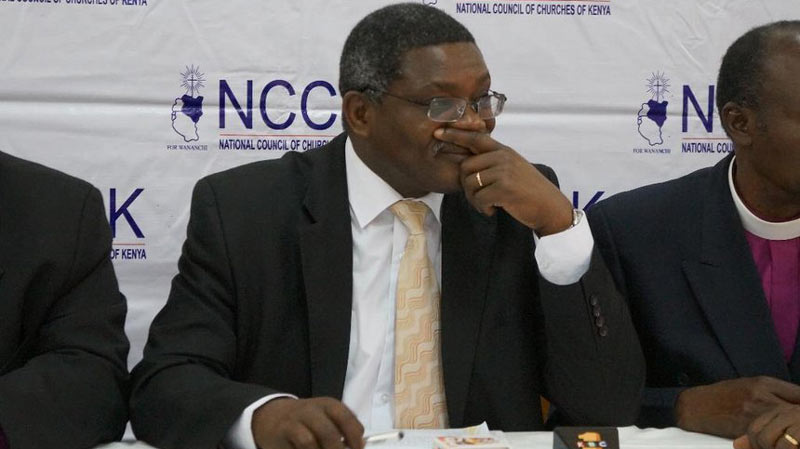×
The Standard e-Paper
Home To Bold Columnists

Inadequate administrative structures and a lack of dispute resolution mechanisms are the main contributing factors to churches flocking the courts for justice, a fact that has been described by the National Council of Churches of Kenya(NCCK) General Secretary Rev Canon Peter Karanja as 'undesirable and regrettable'.
He however insists that the number of cases of church leaders mark timing along the corridors of justice is not that significant in relation to the total number of churches registered in the country.